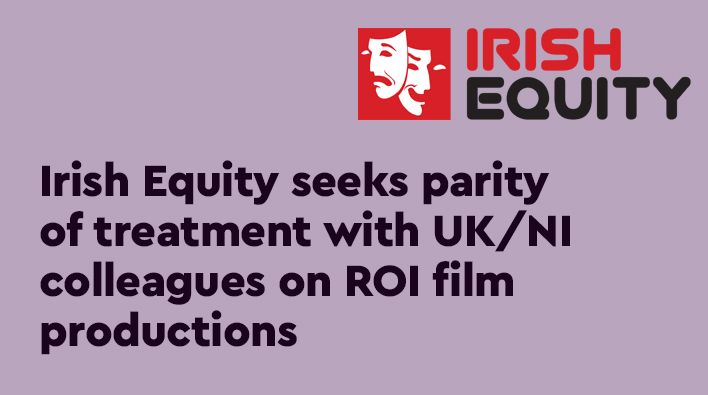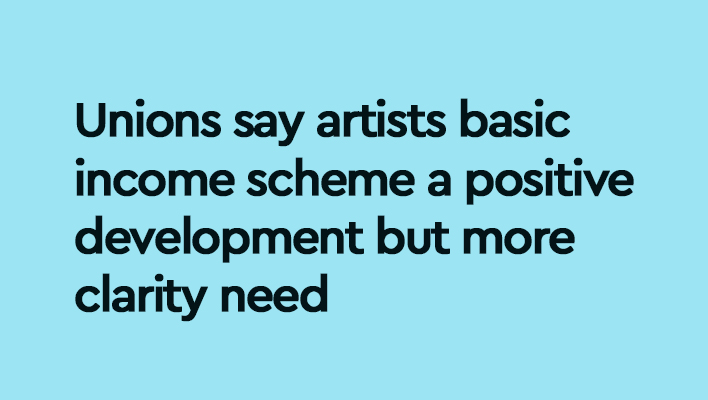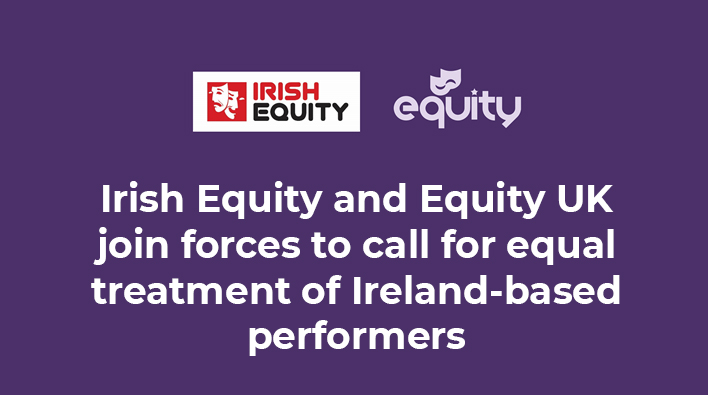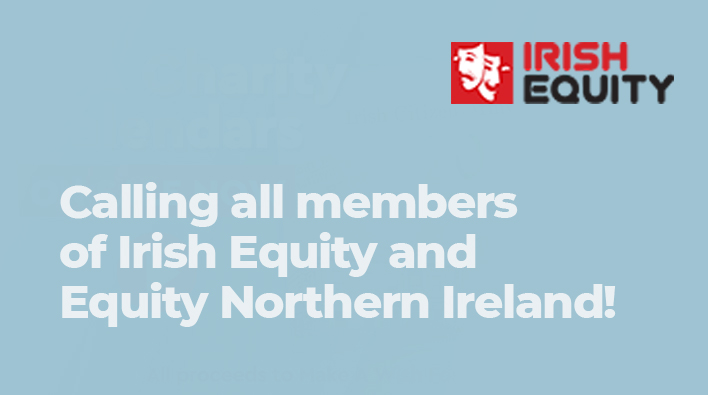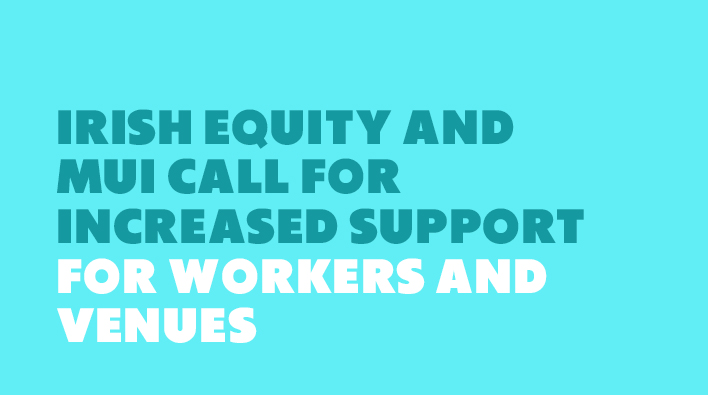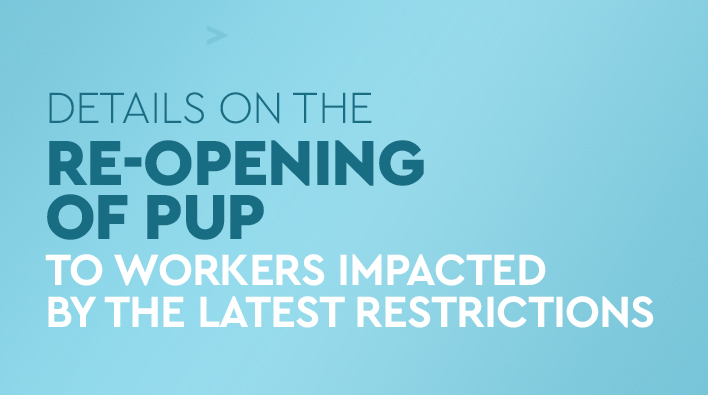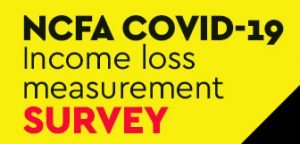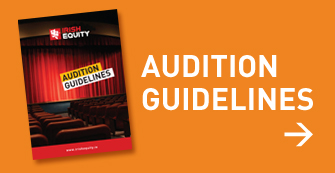Members of Irish Equity have approved the use of UK Equity collectively bargained agreements on international film co-productions shooting in Ireland. These agreements allow for its members to be engaged on terms and conditions equal to, and not less than, their colleagues in the UK and Northern Ireland.
Irish Equity members at their Annual General Meeting in Dublin yesterday (Sunday 10th April) advocated the use of these agreements to significantly reduce the disparity in pay and conditions for indigenous performers working alongside UK and US performers on productions in the Republic of Ireland.
Irish Equity president, Gerry O’Brien said: “It is no longer acceptable that Irish performers in the Republic are treated to less favourable terms and conditions by local Irish producers engaged in co-production deals in an industry supported by public funds.
“The UK agreement which covers performers in Northern Ireland provides for better minimum terms and conditions at the point of production and protects the ongoing right of the performer to receive equitable remuneration, or residual fees, for the ongoing use of the artist’s work. This is required by the legislation of the Copyright Act 2000 and the European Copyright directive, which was incorporated into Irish law in November 2021. The directive provides for the performer to participate in the financial success of the production.”
At the ICTU conference in 2021 in Belfast, a motion was moved by Equity (UK) supporting closer co-operation between the unions, Equity (UK) and Irish Equity. It was agreed that given the mobility of performers and investment, particularly of public funds, between the two jurisdictions it was unacceptable that such inequity should exist in how talent on the island is valued.
